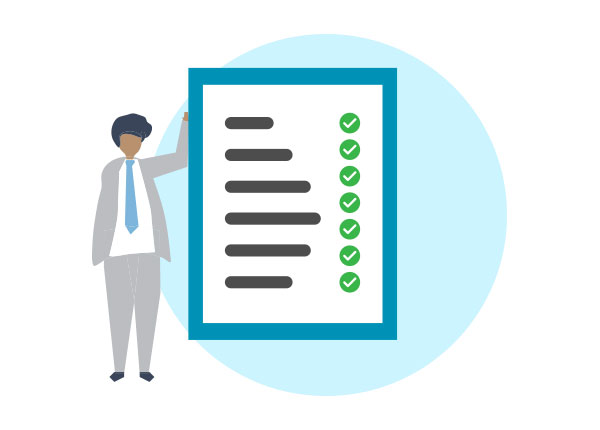A one-time deduction from capital gains was made available to homeowners over the age of 55 thanks to a provision in the tax code known as the "over-55 house sale exemption." A maximum of $125,000 in capital gains might be excluded from the sale of a home by individuals who matched the criteria. Since 1997, there hasn't been an exception for anyone over 55 selling their homes. To boost the real estate sector and reward homeowners for buying and selling their properties, this exception was made for everyone who profited from selling their primary houses, irrespective of age, and was substituted by other exclusions.
Recognizing the Over-55 Home Sale Exemption
Homeowners aged 55 and above are excused from paying capital gains taxes when they sell their residences. The 1997 Taxpayer Relief Act removed the exception with new requirements. This was one of the most comprehensive tax cuts ever enacted by the United States federal government. The prior regulation allowed qualified taxpayers to avoid paying taxes on the selling of their main residences.
Taxpayers who qualified for the exemption for homeowners over the age of 55 were required to submit Form 2119 to the Internal Revenue Service. Although if the taxpayer delayed all or a portion of the gain to a different tax year, the form was still utilized. Those who sold their homes had to fill out Form 2119 and disclose their losses. Taxpayers, meanwhile, could not subtract the losses from their tax liability, as per the IRS. The exemption was not the only option available to house sellers at the time. Sellers might use the selling profits to buy a more costly house within a two-year term to avoid tax payments.
Requirements for the Over-55 Exemption

In order to apply for the exemption, homeowners had to meet a number of requirements. There has to be a 55-year-old owner of the property, at the very least, in order for the house to be sold. In the case of couples, just one partner was necessary to satisfy this condition. To qualify for the exception, the spouse's name had to be on the ownership at the time of the transfer. As a result, a married pair could not claim an exclusion for one transaction while the other spouse claimed an exemption for a subsequent sale.
However, there was a way around it. More than a single title bearer of the right age might be eligible for an exemption if a principal residence was co-owned by multiple or even more unmarried individuals. To be eligible, the property had to have been owned and used as a primary residence by the titleholder for a minimum of three of the five years directly preceding the sale of the property. For illness or vacation period, there was a personal allowance.
Special Considerations
After the 1997 Taxpayer Relief Act was passed, millions of taxpayers had to pay fewer taxes on new homes, no matter how old they were. New per-sale exemption amounts have replaced the redemptions or once-in-a-lifetime alternatives comparable to the over-55 home sale exclusion.
In some circumstances, homeowners may be eligible to deduct all or a portion of the profit from selling their primary dwelling. The amount of gain that may be deducted from a taxpayer's taxable income has been increased to $250,000 for an individual or $500,000 for a married couple filing jointly. The statute also allowed taxpayers to claim more than one exclusion in their lifetime. However, the two-year term ending on the selling date does not allow the taxpayer to exclude the profit from another house sale.
Homeowners must pass ownership and usage tests in order to be eligible for these exemptions after 1997. Taxpayers must have held the property for at least one or two years in order to meet the ownership requirement. When it comes to the usage test, a seller must have lived in the property for at least two years as their primary residence before they may sell it. Both requirements must be met for a period of five years prior to the transaction. Owners who run a company out of their house or rent it out may also be eligible. Homeownership and usage requirements must be met.
An Illustration of a Homeowner's Exemption

Say a person bought an apartment in 2000 and continued to reside there until 2001. For the next two years, the property was leased out by the owner. Upon the tenant's departure, the owner repurchased the property and remained there until 2005. The owner later sold the property. The owner may be still eligible for the exemption since the property was a principal home for a minimum of two of the five years before the sale.
What If I'm Beyond the Age of 55 and I Want to Sell My House?
Before the 1997 Taxpayer Relief Act was passed, homeowners who were 55 or older did not have to pay taxes when they sold their main home. In order to remove the age restriction on house sales, the legislation was approved.
If a senior sells their home, are they exempt from paying capital gains taxes?
Seniors may get an exempt status on the income they make from selling their house, provided they satisfy certain conditions, such as living in it for two years before selling.







